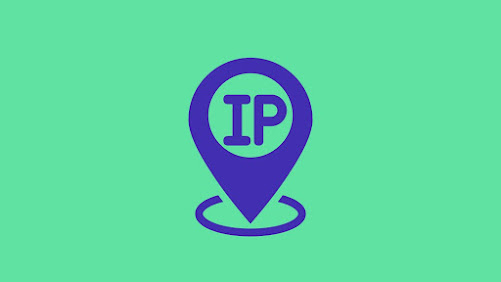Whats IP means?
(Internet Protocol)
Internet Protocol (IP) is the method or protocol by which data is sent from one computer to another on the internet. Each computer -- known as a host -- on the internet has at least one IP address that uniquely identifies it from all other computers on the internet.
Why is IP used?
In essence, IP addresses are the identifier that allows information to be sent between devices on a network: they contain location information and make devices accessible for communication. The internet needs a way to differentiate between different computers, routers, and websites.
introduction to Internet Protocol
Internet Protocol (IP) serves as the foundation of communication over the internet. It is a set of rules that govern how data is transmitted between devices connected to the internet. Understanding IP is crucial for anyone navigating the digital landscape.
Understanding IP Addresses
IP addresses are unique identifiers assigned to each device connected to a network. They enable devices to communicate with each other by specifying the source and destination of data packets. There are two main types of IP addresses: IPv4 and IPv6.
How Internet Protocol Works
At its core, IP works by breaking down data into packets and routing them across networks. When a user sends data, it is divided into smaller packets, each containing a portion of the information. These packets are then transmitted individually and reassembled at their destination.
IPv4 vs. IPv6
IPv4, the fourth version of the Internet Protocol, has been the standard for decades. However, with the rapid growth of internet-connected devices, IPv4 addresses are running out. IPv6 offers a vast number of addresses to accommodate the increasing demand.
Importance of IP Addresses
IP addresses play a pivotal role in identifying devices and facilitating communication over the internet. They enable seamless interaction between computers, servers, and other networked devices. Additionally, IP addresses can be used for location tracking and targeting specific demographics.
Security Concerns
While IP facilitates efficient communication, it also poses security risks. IP spoofing, where attackers disguise their IP addresses, can lead to unauthorized access and data breaches. Furthermore, Distributed Denial of Service (DDoS) attacks leverage IP to overwhelm a target's network infrastructure.
Future of Internet Protocol
As technology continues to evolve, so does Internet Protocol. Advancements such as IPv6 adoption and enhanced security measures are shaping the future of IP. However, challenges such as compatibility issues and cybersecurity threats must be addressed to ensure a seamless transition.
Conclusion
Internet Protocol is the backbone of modern communication, enabling the seamless exchange of data across the globe. Understanding the fundamentals of IP is essential for navigating the digital landscape and addressing emerging challenges.

